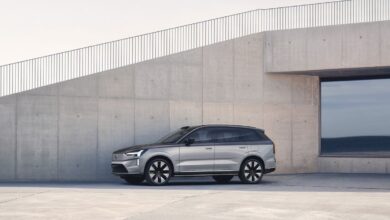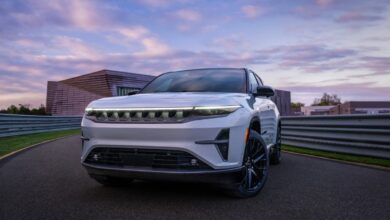AAA Survey: EV Interest Declines, Hybrids Gain Favor Among Americans
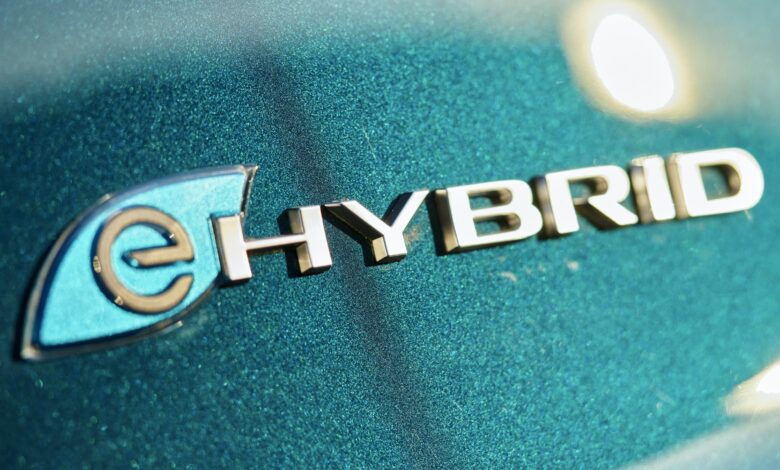
The latest annual consumer survey by AAA sheds light on a notable trend: a decline in Americans’ interest in electric vehicles (EVs), with a corresponding shift towards hybrid options. According to the survey conducted from April 4-8, 2024, only 18% of U.S. adults were likely to buy a new or used EV, down from 23% last year. Moreover, 63% cited the unlikelihood of considering an EV for their next car purchase.
“Early adopters who wanted an EV already have one,” said Greg Brannon, Director of Automotive Research at AAA. “The remaining group of people who have yet to adopt EVs consider the practicality, cost, convenience, and ownership experience, and for some, those are big enough hurdles to keep them from making the jump to fully electric.”
The survey identified cost, lack of convenient charging options, and range anxiety as the primary hesitations in purchasing an EV. Additionally, three in ten respondents mentioned the inability to install a charging station where they live as a barrier. Accessible, reliable, affordable, and convenient charging infrastructure is deemed crucial to fostering EV interest and adoption. However, at-home charging options may not be feasible for those living in apartments or condos.
AAA suggests that there may be a near-term ceiling on consumer adoption of battery electric vehicles due to costs, charging accessibility, and range anxiety. However, hybrid options could serve as a bridge, appealing to consumers who desire the benefits of electrification without disrupting their current lifestyle or travel plans.
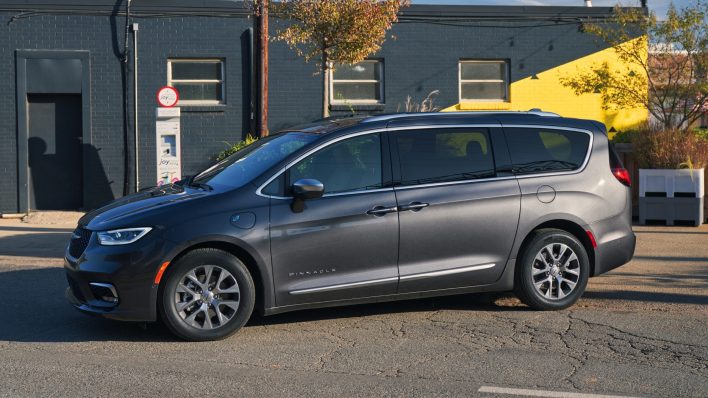
“Deciding to make the leap to full electric may feel overwhelming for many consumers, and a hybrid option may be the way to bridge this gap,” continued Brannon. “Consumer demand will ultimately dictate the future, and my prediction is that we will have a mix of EVs, hybrids, and internal combustion vehicles in dealerships and on the roads in the U.S. for many decades ahead.”
To educate the public further, AAA conducts ongoing research on EVs, including consumer sentiment surveys and testing to determine factors impacting EV range and ownership costs. The recent survey, conducted using a probability-based panel designed to be representative of the U.S. household population, gathered insights from 1,152 interviews among adults aged 18 or older.
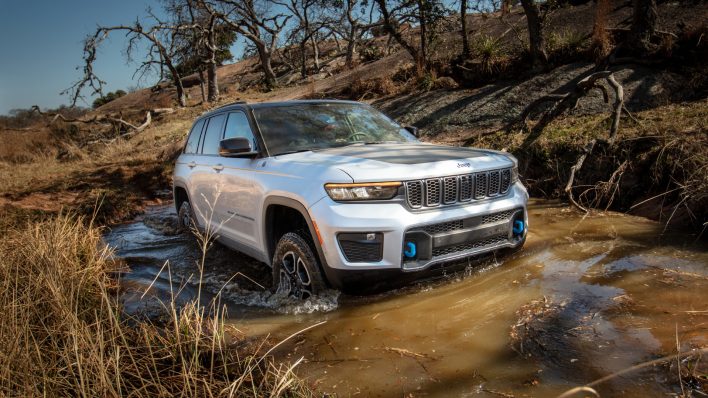
As the automotive landscape evolves, it’s evident that hybrids are gaining traction as a viable alternative for consumers navigating the transition toward more sustainable transportation options.
